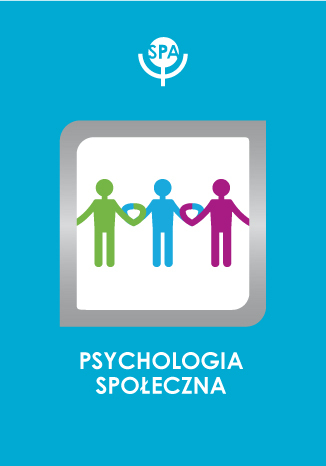Array
(
[id] => 568
[date] => 2019-04-14
[doi] => 10.14691/CPPJ.25.2.195
[title] => Znaczenie spostrzeganego wsparcia społecznego dla dobrostanu jednostki – na przykładzie badań Kwestionariuszem Wsparcia Społecznego (Soz-U K-14)
[title_en] => THE ROLE OF PERCEIVED SOCIAL SUPPORT FOR THE WELL-BEING OF THE INDIVIDUAL – ON THE EXAMPLE OF THE SOCIAL SUPPORT QUESTIONNAIRE (SOZ-U K-14)
[authors] => Zygfryd Juczyński
[abstract] => Social support can directly influence the perception of stressful events or neutralize and alleviate the negative effects of already occurring events. The aim of the research was to determine the effects of the impact of social support on the well-being of different people (N=600). In all of them, the Social Support Questionnaire was used (Soz-U K-14), while variables such as the sense of life satisfaction (SWLS), quality of life (WHOQOL-BREF), posttraumatic growth PTGI), burnout (MBI), severity of PTSD symptoms (PCL-5), were measured in individual groups. In the simple regression analysis, the percentage of variance in the results of these variables was determined by the perceived social support. The highest percentage concerned quality of life in women with thyroid disease (50%) and life satisfaction in the elderly (39%). Perceived social support turned out to be a poor predictor of PTSD in the group of women – victims of domestic violence (18%) and victims of transport accidents (13%). In different life situations, other psychological resources play a much greater role than social support. In the groups of people who experienced trauma, the most important predictors of PTSD turned out to be cognitive strategies of coping with an experienced traumatic event (in victims of transport accidents (R2=.71), in a group of women victims of domestic violence (R2=.63), it allows adjusting to the new reality changed as a result of the trauma.
[abstract_en] => Social support can directly influence the perception of stressful events or neutralize and alleviate the negative effects of already occurring events. The aim of the research was to determine the effects of the impact of social support on the well-being of different people (N=600). In all of them, the Social Support Questionnaire was used (Soz-U K-14), while variables such as the sense of life satisfaction (SWLS), quality of life (WHOQOL-BREF), posttraumatic growth PTGI), burnout (MBI), severity of PTSD symptoms (PCL-5), were measured in individual groups. In the simple regression analysis, the percentage of variance in the results of these variables was determined by the perceived social support. The highest percentage concerned quality of life in women with thyroid disease (50%) and life satisfaction in the elderly (39%). Perceived social support turned out to be a poor predictor of PTSD in the group of women – victims of domestic violence (18%) and victims of transport accidents (13%). In different life situations, other psychological resources play a much greater role than social support. In the groups of people who experienced trauma, the most important predictors of PTSD turned out to be cognitive strategies of coping with an experienced traumatic event (in victims of transport accidents (R2=.71), in a group of women victims of domestic violence (R2=.63), it allows adjusting to the new reality changed as a result of the trauma.
[keywords] => perceived social support; Social Support Questionnaire Soz-U K-14; the role of social support; social support and PTSD
[keywords_en] => perceived social support; Social Support Questionnaire Soz-U K-14; the role of social support; social support and PTSD
[file_path] => /files/articles/2019-25-znaczenie-spostrzeganego-wsparcia-spoecznego-dla-dobrostanu-jednostki-na-przykadzie-bada-kwestionariuszem-wsparcia-spoecznego-sozu-k14.pdf
[okladka] => psychologia_spoleczna.jpg
[rocznik] => Rocznik: 2019 Tom: 25 Numer: 2
[strony] => 195-202
)










 Pobierz pełny tekst
Pobierz pełny tekst



